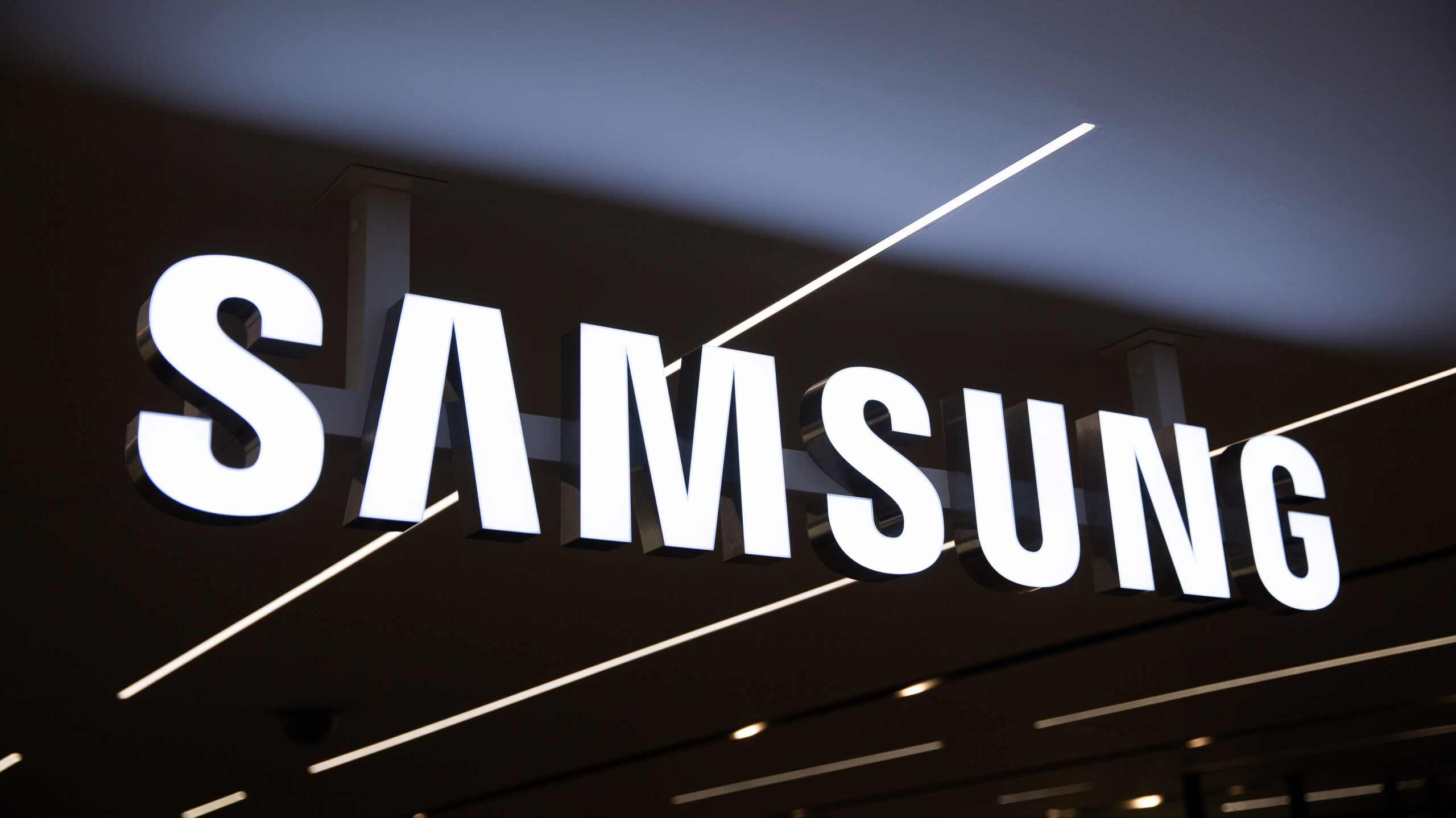
Samsung Electronics has ruled out the possibility of spinning off its contract chip manufacturing, known as its foundry business, as well as its System LSI logic chip design operations, despite ongoing financial losses. On Monday, Chairperson Jay Y. Lee confirmed that the South Korean tech giant remains committed to growing its chip manufacturing and design divisions, despite the billions of dollars in annual losses these businesses have incurred due to weak demand.
The foundry and logic chip design businesses, integral to Samsung’s strategy to reduce reliance on its memory chip sector, have been underperforming and dragging down the company’s overall financial results. Samsung, which is the world’s largest memory chipmaker, has been working to expand its presence in logic chip design and contract chip manufacturing, aiming to challenge Taiwan Semiconductor Manufacturing Company (TSMC) by 2030.
In line with this goal, Samsung has committed billions of dollars to building new semiconductor manufacturing plants in South Korea and the United States. However, the company has faced difficulties in attracting significant orders from major clients, leaving the capacity of these new facilities underutilized. Despite these setbacks, Lee emphasized that Samsung remains “hungry to grow the business” and is “not interested in spinning them off.”
Lee’s comments were made during a trip to the Philippines, where he accompanied South Korean President Yoon Suk Yeol to a summit with Philippine President Ferdinand Marcos Jr.
Samsung’s challenges are not limited to its underperforming foundry business. The company’s ambitious project to construct a new chip factory in Taylor, Texas, has also faced complications. Lee acknowledged the difficulties surrounding the Texas project, attributing the challenges to a “changing situation” linked to the upcoming U.S. presidential election, although he did not provide further details. Samsung had previously delayed the factory’s production start date from 2024 to 2026, citing fluctuating customer demand as a factor influencing its phased approach to operations.
The Texas factory’s delays underscore the broader challenges Samsung faces as it attempts to surpass TSMC, whose major clients include tech giants Apple and Nvidia. In 2022, Samsung reported an operating loss of 3.18 trillion won ($2.4 billion) from its foundry and System LSI businesses, according to analyst estimates. A further loss of 2.08 trillion won is projected for this year.
Although Samsung separated its chip manufacturing operations from its design business in 2017, analysts suggest that foundry customers still harbor concerns about potential conflicts of interest, fearing that Samsung could share sensitive technology with its design unit. Lee Jong-hwan, a former Samsung engineer and professor at SangMyung University, commented that while a spin-off could improve customer trust, it would leave the foundry unit more vulnerable as it would lose the financial backing of Samsung’s memory chip business.
Featured Image courtesy of MobileSyrup
Follow us for more updates on Samsung.
